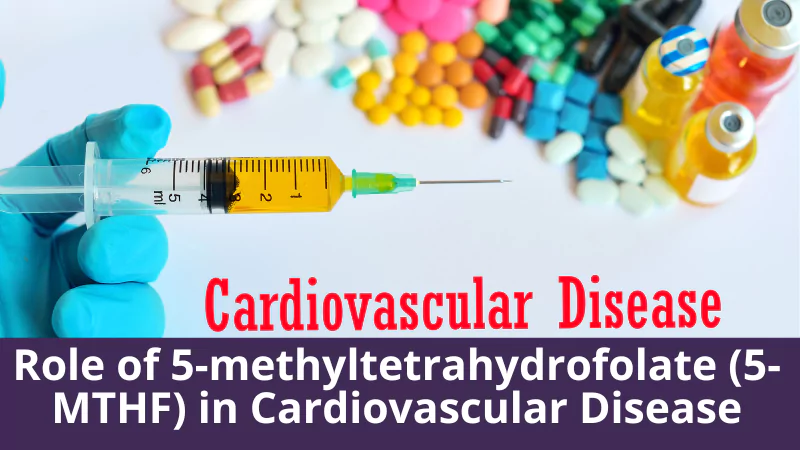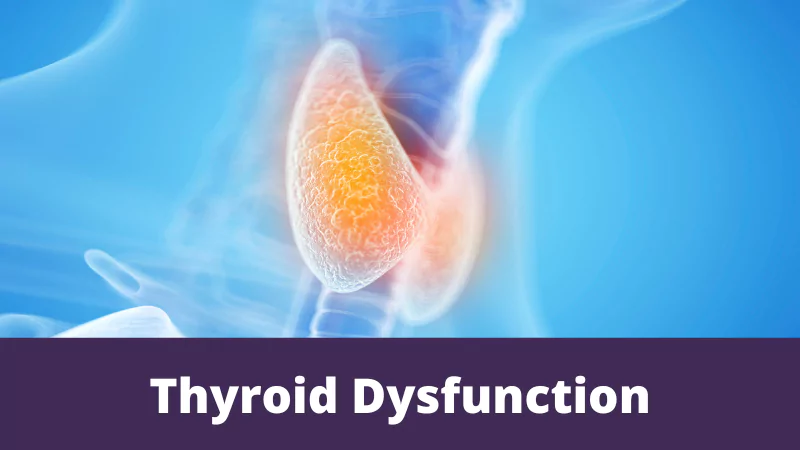Cardiovascular disease is a major health concern. Multiple co-morbidities are responsible for increasing the cardiovascular risks some of which include hypercholesterolemia, diabetes, smoking and hypertension. [1] All these diseases are directly or indirectly related to the plaque development inside the arteries otherwise known as atherosclerosis.
The vascular tone of blood vessels is regulated by the endothelium-derived nitric oxide (NO), that acts as an endogenous vasodilator (allows the blood vesels to dilate and therefore reduce blood pressure) and provides the anti-atherosclerotic effect. [1] This makes endothelium an important part in safeguarding our vascular health .
Endothelial impairment promotes the development and advancement of atherosclerosis. The enzyme endothelial nitric oxide synthase (eNOS) has a direct association with the endogenous synthesis of NO. Different mechanisms are involved in vasoconstriction and cause abnormality in the peripheral, coronary and pulmonary circulation, such as:
- Production of cyclooxygenase-dependent vasoconstricting factors
- Diminished vascular smooth muscle sensitivity towards cGMP (cyclic guanosine monophosphate).
- In cardiac heart failure, the elevation of Asymmetric dimethylarginine is significant.
Researchers state asymmetric dimethylarginine (ADMA) acts as a natural inhibitor of nitric oxide (NO) synthesis and subsequently endothelial dysfunction and cardiovascular events can develop. Therefore, plasma ADMA becomes a marker of cardiovascular risk due to its inverse relation with nitric oxide. [1]
One of the therapeutic approaches for vasodilation can be achieved through decreasing the production of ADMA. In this regard, the short term or long term administration of folate (5-MTHF) can enhance endothelium-dependent vasodilation.
5-MTHF is beneficial for atherosclerotic conditions for the following reasons:
- Ensuring that homocysteine levels are kept in check
- Enhancement of eNOS secretion.
Vitamin B is also a good scavenger of free radicals – such as superoxides, reactive oxygen species – due to its antioxidant property. This property also makes vitamin B a potent enhancer of vascular activity. The superoxides are produced due to insufficient production of the tetrahydrobiopterin (BH4) in endothelial cells. In addition, Tetrahydrobiopterin (BH4) is the natural co-factor which takes part in endothelial NO synthesis. The accumulation of superoxides and reactive oxygen species build up in vascular endothelium provide an inhibitory effect on dimethylargininedimethylaminohydrolase (DDAH).
DDAH is the enzyme involved in ADMA metabolism. Inhibition of DDAH leads to a decrease in metabolism of ADMA and causes endothelial dysfunction and vascular damage. [2]
The active metabolite of folate is 5-methyltetrahydrofolate (5-MTHF) and it strongly improves endothelial function in patients having cardiac heart failure due to nitric oxide -dependent mechanisms.
- Paul. et.al in 2010 conducted a clinical trial to analyze the efficacy of 5MTHF in patients with CHF. Paul concluded The intravenous administration of 5-MTHF has the potency to enhance the serum folic acid concentration, as well as reduce the serum ADME level. [2]
The acute administration of 5-MTHF has no adverse effects on its own due to how folate helps improve endothelial functions in cardiac heart failure (CHF). [2]
- Favorable outcomes on endothelial functioning in different vascular disease states like hypercholesterolemia, diabetes, and ischemic heart disease can be achieved by enhancing the serum folate level.
- folate enhancement does not provide adverse events;
- Folate is able to increase the nitric oxide synthesis by direct interactions with eNOS.
These mechanisms support the idea of 5-MTHF having beneficial effects when it comes to preventing cardiac diseases.
The metabolism of ADMA is regulated by the enzyme DDAH and the load of pro-oxidants in CHF leads to an impairment of DDAH activity. This interferes in ADMA metabolism and makes ADMA accumulate in the blood serum. Increased blood serum levels of ADMA hinders the endothelium-dependent vasodilation.
The possible beneficial effect of 5-MTHF may be achieved through 5-MTHF- induced oxidative stress reduction and thus enhances the DDAH activity and/or a direct effect of 5-MTHF on DDAH. The exerted effects are only tested on CHF patients, but the vasodilatation effect of 5-MTHF on normal healthy individuals is yet to be studied. [2]
References
- LatikaSibal, Sharad C Agarwal, Philip D Home, Rainer H Boger; The Role of Asymmetric Dimethylarginine (ADMA) in Endothelial Dysfunction and Cardiovascular Disease; CurrCardiol Rev. 2010 May; 6(2): 82–90. doi: 10.2174/157340310791162659;
Retrieve from http://www.ncbi.nlm.nih.gov/pmc/articles/PMC2892080/
- B. Paul, M. J. Whiting, C. G. De Pasquale, A. A. Mangoni.; Acute effects of 5-methyltetrahydrofolate on endothelial function and asymmetric dimethylarginine in patients with chronic heart failure.; Nutr Metab Cardiovasc Dis. 2010 Jun;20(5):341-9. doi: 10.1016/j.numecd.2009.04.008. Epub 2009 Sep 12;
Retrieve from http://www.ncbi.nlm.nih.gov/pubmed/19748251








